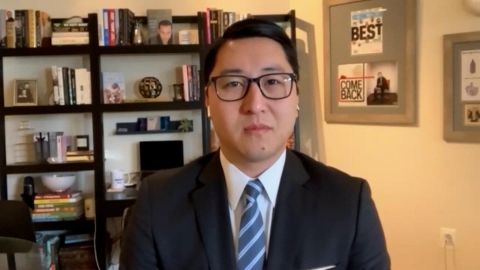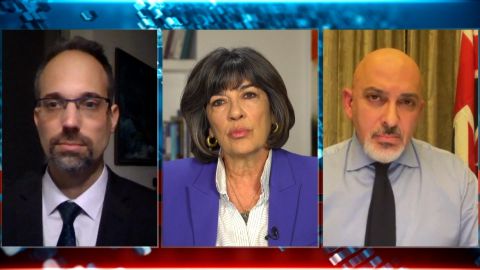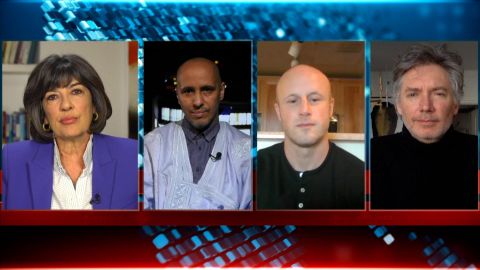Read Transcript EXPAND
RAN BALICER, CHAIR, ISRAELI COVID-19 NATIONAL EXPERTS PANEL: So, I think that at the very beginning, what we did, which worked very well, because it’s — the second half is always tougher than the first one. And the last quarter will be even tougher, I could imagine. What we have done, first of all, we had the approach of full transparency. When we came on TV, each one of us, we said things as they are. What we knew, we said we know. What we didn’t know, we say we don’t know. Where we had scientific evidence, we presented it. When we weren’t sure, we said we’re not sure. And that helped establish a lot of support and trust by the public. The second thing we have done was leading by example. So, the prime minister and the president and all of the leading figures in public went to get a jab on camera, which I did as well on live — at the very early on, to show them that we practice what we preach. Finally, a lot of culturally adopted outreach, which we have done to specific communities. And that’s where we focus on now, because we have lower uptake in some of the ultra-orthodox communities, and a little lower uptake among some of the Arab-speaking communities. And what we have done to try to improve that was, for instance, to go to those communities to work with the community leaders. I, myself, went to a rabbinical class, spend two-and-a-half-hours in there. They were grilling me about everything that you can imagine, from vaccine safety to efficacy. They knew every bit in every paper that was published. And by two-and-a-half-hours later, the chief rabbi that held that meeting said: I’m convinced it’s effective, it’s safe.
CHRISTIANE AMANPOUR: OK.
BALICER: And one week later, he gave her a rabbinical verdict. And from that point, it became easy.
AMANPOUR: OK. That’s really interesting, because a lot of focus has been on the orthodox community and a lot of a rather large percentage of new cases are in your orthodox community. But I want to ask Minister Zahawi and you actually about the next issue on the drawing board, not just lifting lockdown, but passports, green badges, I.D.s, to allow a much freer and more complete lifting of the economy. So, I know it’s a discussion in Israel. And I want to ask you, Minister Zahawi, because you felt and you have said publicly that you think it might be discriminatory. Other members of the government have left the door open to potentially bringing vaccine passports in. Can you see that happening in the U.K.? And where? Would it be for people traveling to the U.K.? Would it be to go into restaurants? Would it be to hold a job? Tell me about the thinking now.
NADHIM ZAHAWI, U.K. VACCINES MINISTER: Yes, absolutely. But just before I do that, I just want to thank Ran, because I worked with Hackney Council and, of course, my opposition colleagues, Diane Abbott. She is a Labor member of Parliament. And we went to witness a couple of Sundays ago the Haredi Hasidic community be vaccinated on Saturday night after 8:30 in the evening.
About This Episode EXPAND
UK Vaccines Minister Nadhim Zahawi and Ran Balicer, the chair of Israel’s COVID-19 National Experts Panel, explain the keys to successful vaccine distribution. Mohamedou Ould Slahi, Steve Wood and Kevin Macdonald discuss the new film “The Mauritanian.” Former Lincoln Project senior adviser Kurt Bardella joins Hari Sreenivasan to assess the state of the GOP.
LEARN MORE


